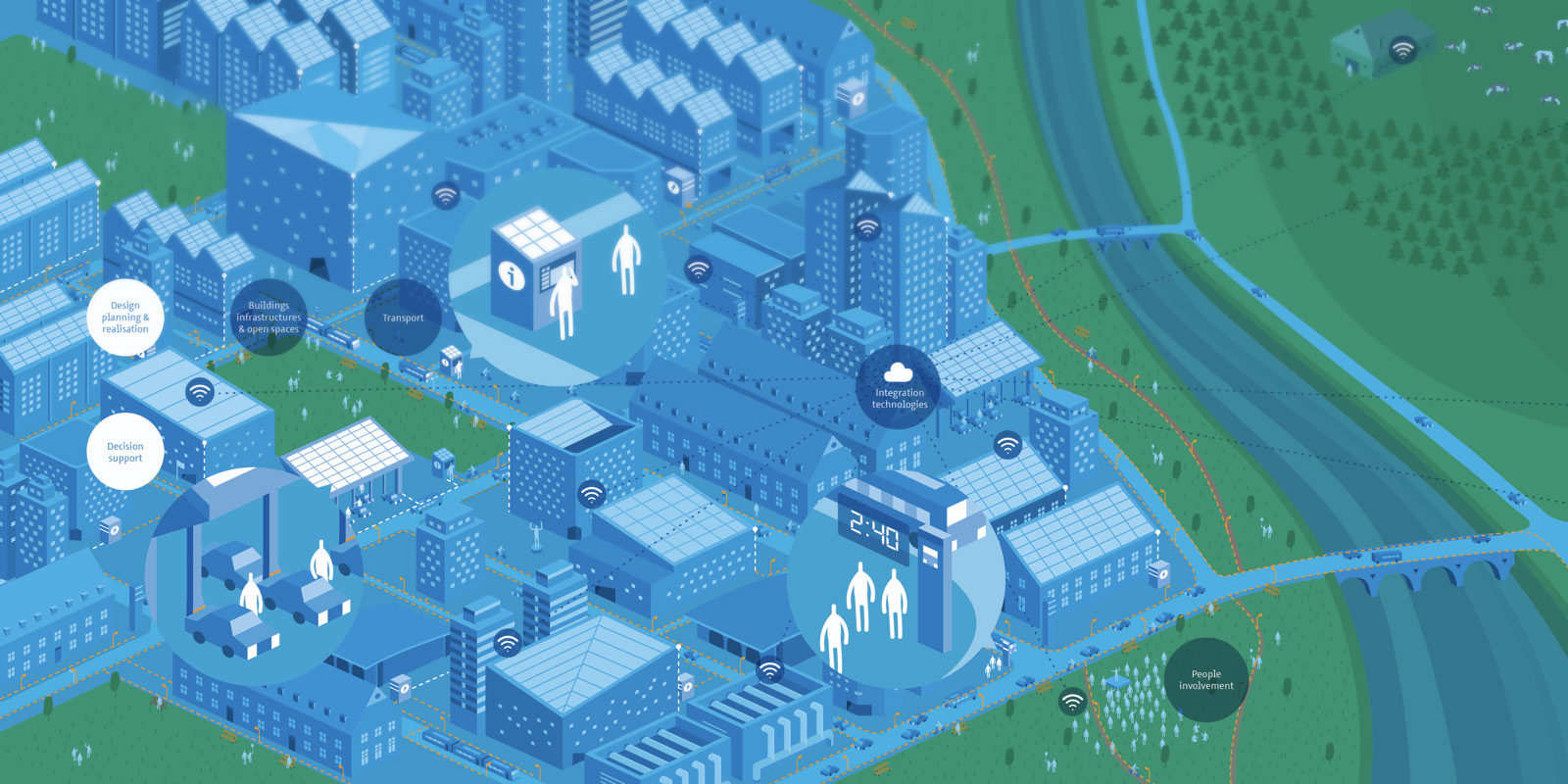Human-centered innovation in a Covid-19 world

The Covid-19 pandemic is rapidly transforming our present and our future. What are researchers and designers learning that can help companies evolve their products and services to make them more robust within this fast changing context and market?
In nearly fifteen years of history, Experientia always strongly focused on qualitative research and design activities that provide value to companies in the short to medium term. Companies active in finance, consumer tech, healthcare and many other sectors come to us with challenges of how to make their product or services fit better with the people that use them.
In the Covid-19 context, this business challenge is of course still there, even though the daily context is radically different. The immediate context (“the first horizon”) that we are navigating in now is difficult: it’s about all hands on deck, quite a bit of scrambling and day-to-day navigation, and strongly relying on medical expertise.
But we are at the cup of a second business horizon 0 which is not quite the “after”- but a context of being able to manage the ongoing pandemic. It is about being effective and impactful in a world where the most stringent restrictions are raised but others are kept in place, and where individual and organizational routines are both subject to disruption by emerging restrictions on the back of secondary outbreaks.
At Experientia we have adapted our human-centered research and design methodology, including our qualitative remote research approaches, to help businesses in navigating this “second horizon”, by supporting them in rethinking their products and services and their markets once the very worst immediate emergency is beyond its peak.
Business challenges that Experientia can help answer in this second horizon of Covid-19 can be manifold:
- New dominance of online
What are the consequences of making the online channel the dominant service delivery channel? How to enable positive interactions for age and socio-demographic groups that didn’t previously rely on an online interaction? How to make services more accessible and easy to use for those groups? How to design for better experience, and not just for an efficient process? How to address usability? What is lost from a physical interaction (in a store, in an office, in a public place) and are there digital substitutes that could partially replace them?
- Everything comes together at home
How to rethink existing services to make them more aligned with our new context of use – our homes, where multiple worlds coexist and sometimes collide? How to create services that address the particular challenges and peculiarities of home work or home presence.
- New behaviors and routines
How to understand if changing social and cultural practices are temporary or here to stay, and how businesses should adapt to them. Which new practices are emerging? Are they creating frictions? How will new routines help overcome the pandemic?
- Aspiring to quality in a context of social distancing
How should we rethink places and practices of work, communication, socialization, entertainment and relaxation in a context of longer term social distancing?
- Redesigning practices
How to rethink work itself in a context of remote working? Education in a context or remote learning? Meetings in a context of video meetings? Entertainment in a context of restricted mobility and physical distancing?
In the last few weeks we have been challenged by clients and peers to provide new methodologies for solving their problems. We empowered our existing remote research expertise (coming from years of conducting remote research on patients around the globe) to make it the new normal for how we work.
We also started research and design projects with the aim of understanding how these new digital routines have been received by people, what and how many (e.g. online shopping, remote working, …) are destined to change the behaviors of people and organizations in the long term, and how companies will have to organize themselves to cope with these paradigm shifts.
See also our article on how we are conducting remote research. In the following weeks we will share how we reimagine workshops and our overall design activities, as well as some insights on new projects we are working on.
Please reach out to us if these are questions that you would like to start a conversation about. We can tell you more about how we work and how our process can help you address your specific business challenges in this “not quite new normal”..



